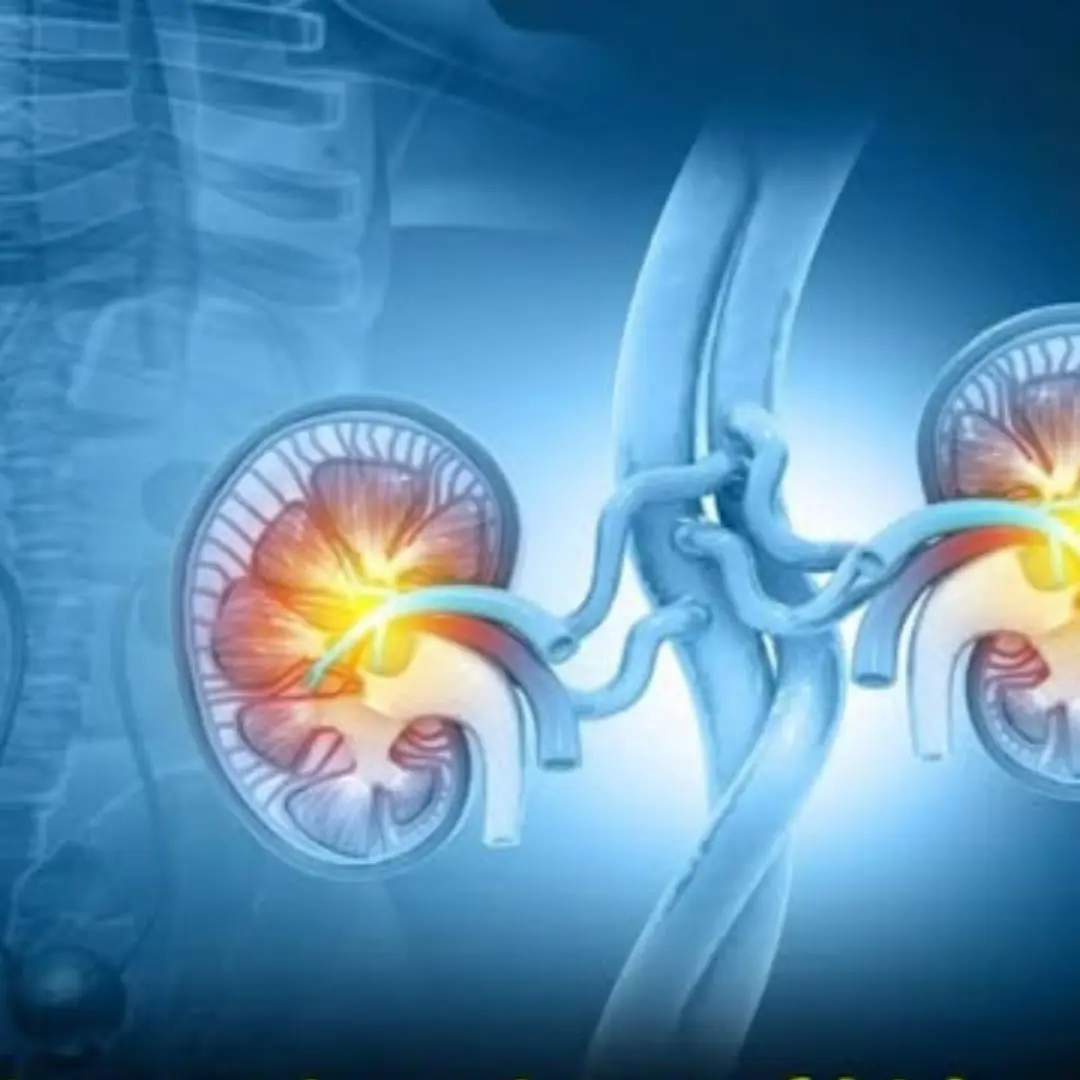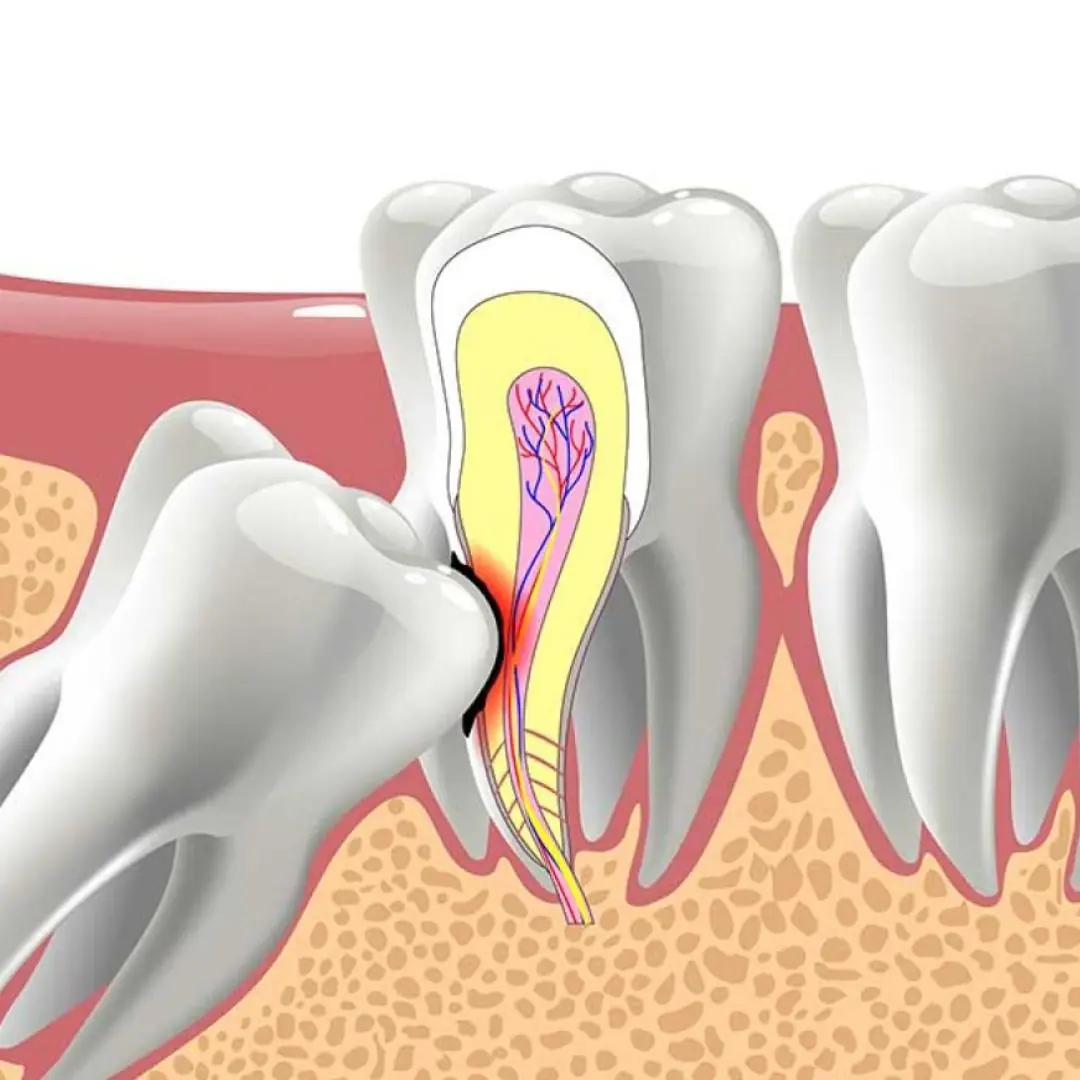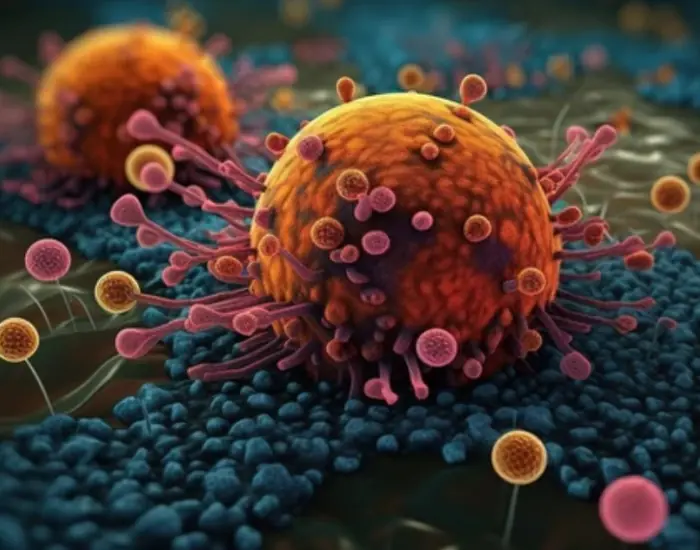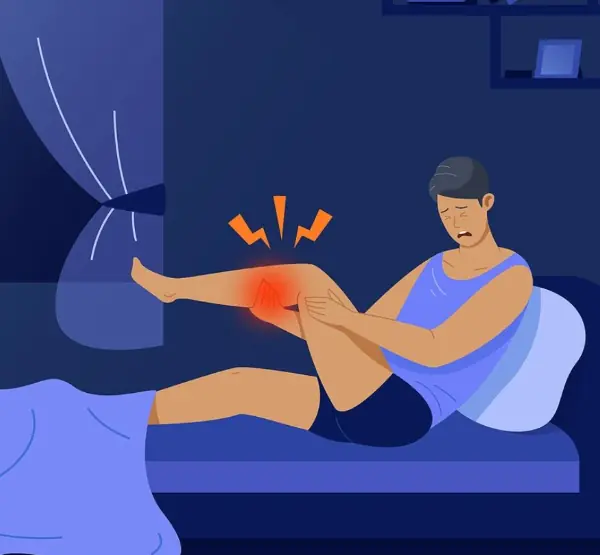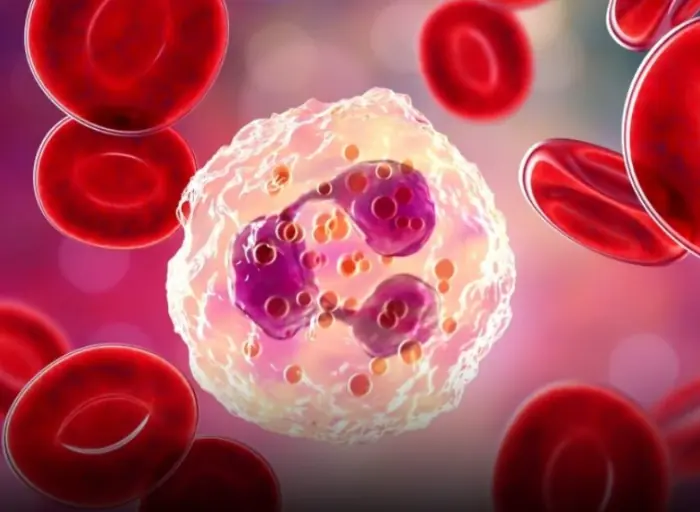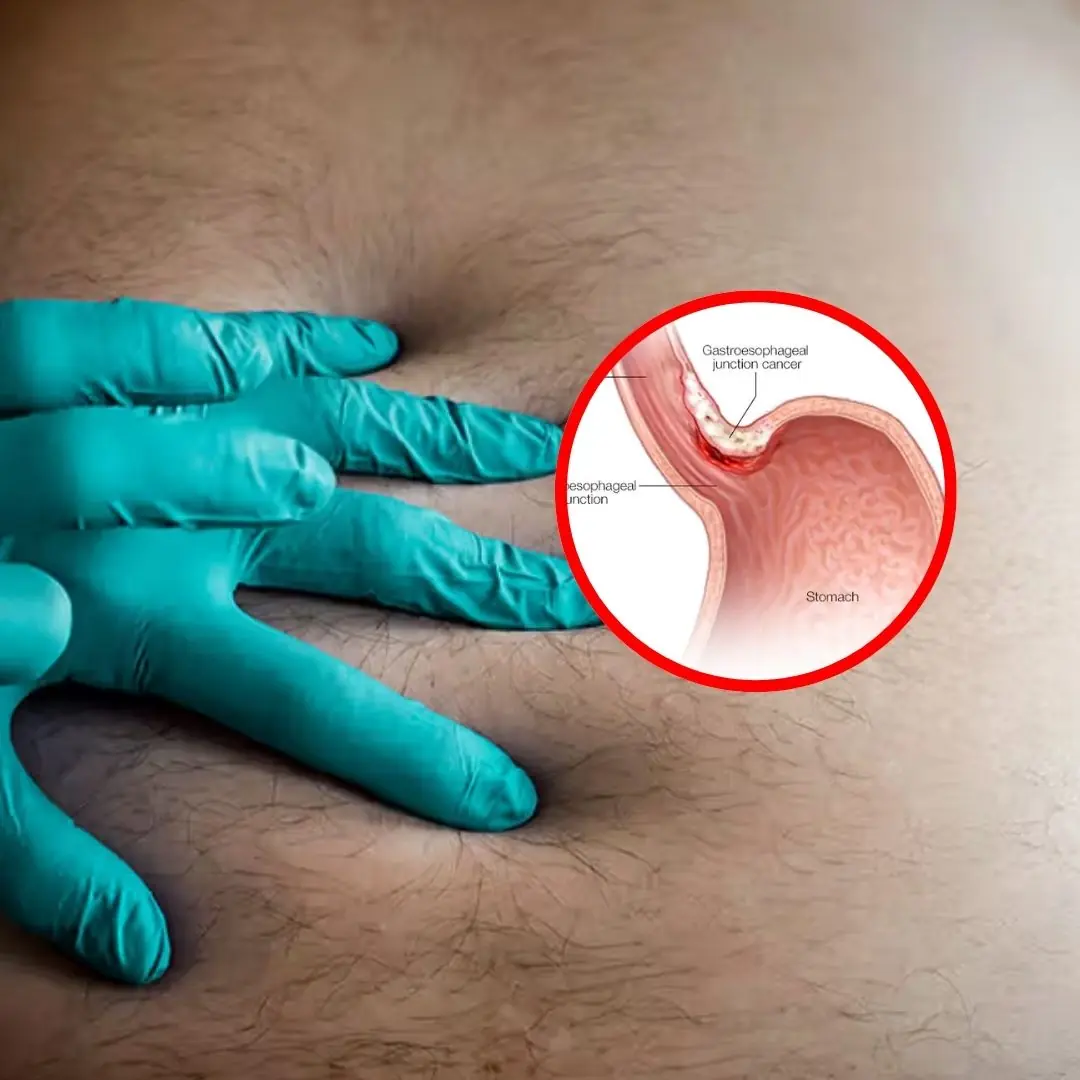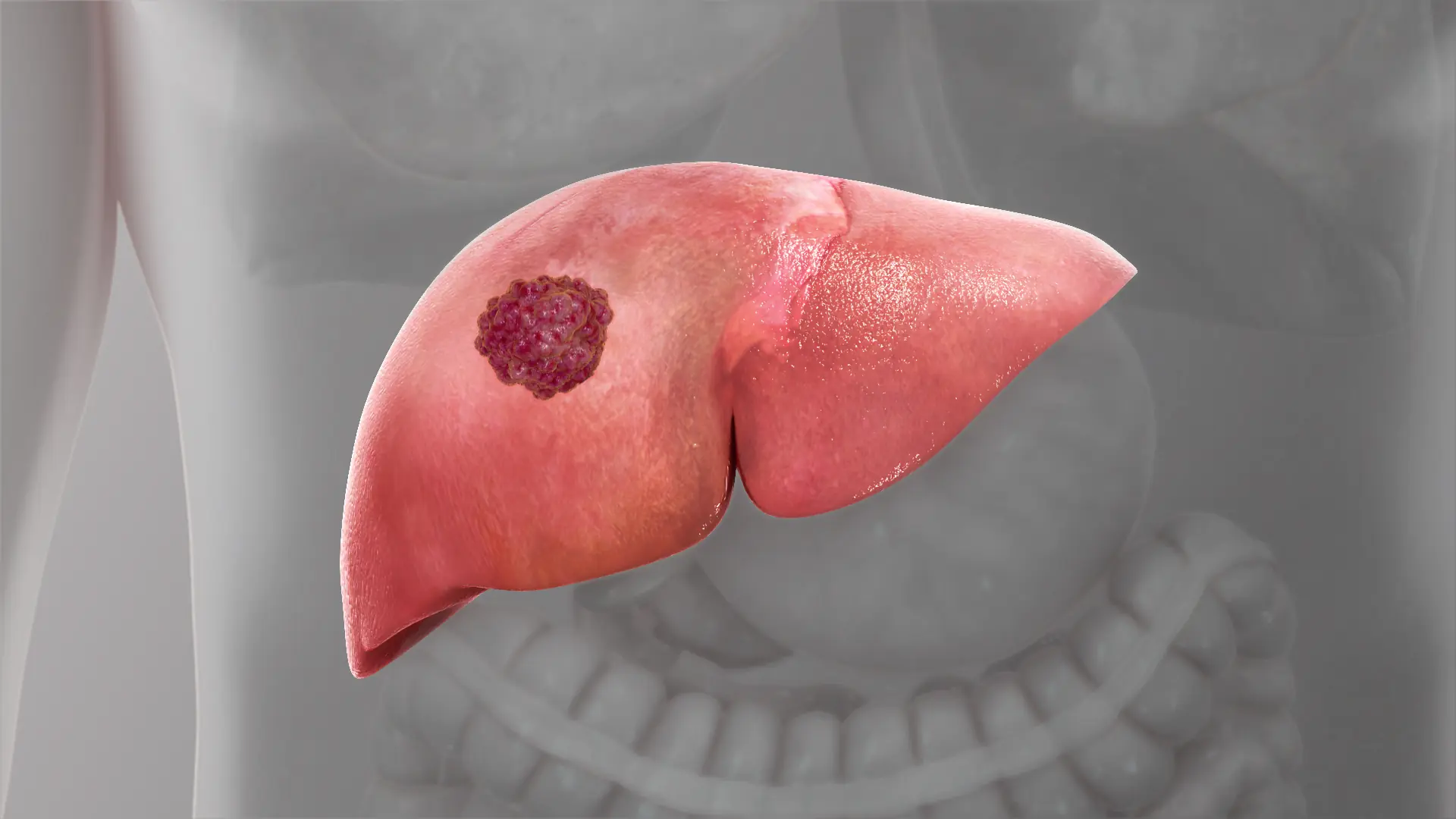5 Reasons to Redeem the Potato’s Reputation: Not Fattening, but Heart-Healthy
Long accused of being a “fattening food,” potatoes are actually rich in vitamins, minerals, and fiber that can help control weight, improve digestion, and support heart health — as long as they’re prepared the right way.
For over 7,000 years, potatoes have been a staple food for humankind and remain one of the world’s most important crops. Yet in modern times, many people shy away from potatoes, labeling them as “high in starch and easy to make you fat.”
However, numerous scientific studies have shown the opposite: when cooked properly, potatoes can be a valuable part of a balanced diet — protecting the heart, aiding digestion, and even helping with weight control.
More Nutritious Than You Think
According to Harvard Medical School’s Nutrition Center, potatoes are among the most nutrient-dense root vegetables.
A medium potato (about 213g) provides 168 calories, 4.5g of protein, nearly 3g of fiber, and almost 900mg of potassium — twice as much as a banana. Potatoes also contain calcium, magnesium, phosphorus, and vitamin C — key nutrients for healthy bones, muscles, and immune function.
What’s more, potatoes are virtually fat-free and have a lower energy density than rice or pasta, meaning you can feel full without consuming excess calories — a big advantage for anyone watching their weight.
Rich in Fiber and Resistant Starch – A Friend to Your Gut
Potatoes are a natural source of dietary fiber, which supports bowel health and stabilizes blood sugar levels. According to the Cleveland Clinic, the fiber in potatoes also helps reduce LDL (“bad”) cholesterol, lowering the risk of heart disease.
Notably, potatoes contain resistant starch — a type of starch that behaves like fiber, bypassing digestion in the small intestine and fermenting in the large intestine to feed beneficial gut bacteria.
Research from Johns Hopkins University found that increasing resistant starch intake can improve gut microbiota, enhance mineral absorption, and reduce chronic inflammation.
To naturally boost resistant starch, let cooked potatoes cool before eating — perfect for potato salads that are both tasty and gut-friendly.
A Natural Source of Potassium to Regulate Blood Pressure
One of potatoes’ most overlooked benefits is their high potassium content, essential for blood pressure control.
The World Health Organization (WHO) recommends adults consume around 3,500mg of potassium daily to lower the risk of hypertension and stroke.
A medium potato can provide up to 25% of your daily potassium needs, helping balance electrolytes, support heart function, and counteract the negative effects of sodium in modern diets.
Experts at Harvard Health emphasize: “Getting potassium from natural sources like vegetables and potatoes is more effective and safer than relying on supplements.”
Packed with Antioxidants that Protect Cells
Beyond being an energy source, potatoes are rich in antioxidants such as vitamin C, polyphenols, carotenoids, and flavonoids, which help neutralize free radicals and reduce oxidative stress.
According to the American Journal of Clinical Nutrition (AJCN), these compounds help lower the risk of chronic diseases such as diabetes, cancer, and Alzheimer’s.
Purple and red potatoes, in particular, are loaded with anthocyanins — the same antioxidants found in blueberries and grapes — which provide powerful cardiovascular and vascular benefits.
Experts recommend eating potatoes with the skin on (after washing thoroughly), since most antioxidants are concentrated in the thin outer layer.
Helps You Feel Full and Manage Weight
One of potatoes’ underrated strengths is their high satiety index — their ability to keep you full longer.
A study by the University of Sydney (Australia) ranked boiled potatoes as the most satisfying food among over 30 tested items — even higher than rice, pasta, and whole-grain bread.
Another study published in the European Journal of Clinical Nutrition (2020) found that people who ate white potatoes at lunch consumed fewer calories at dinner, supporting healthy weight maintenance.
When paired with lean proteins (like salmon or chicken breast) and vegetables, potatoes form a balanced, nutritious meal that provides steady energy.
Do Potatoes Really “Raise Blood Sugar”?
It’s true that potatoes can cause a temporary rise in blood sugar due to their carbohydrate content. However, according to Harvard Medical School, not all potatoes are the same.
Yellow, purple, and sweet potatoes have a lower glycemic index (GI) than white potatoes, helping stabilize post-meal blood sugar levels.
You can further reduce the impact by eating potatoes with healthy fats (like olive oil or avocado) or protein-rich foods, and by avoiding deep frying, which raises both the GI and calorie count significantly.
Cooking the Heart-Healthy Way
How you cook potatoes greatly affects their nutritional value. According to the Cleveland Clinic, dishes like French fries or mashed potatoes loaded with butter and cheese often contain excess saturated fat and sodium, negating their health benefits.
Instead, choose gentler methods like boiling, steaming, or roasting with olive oil. Adding herbs such as rosemary, black pepper, or dill enhances flavor while reducing the need for salt.
A plate of roasted potatoes served with salmon or a fresh green salad can easily fit into a “heart-healthy meal plan” recommended by the American Heart Association (AHA).
How Much Potato Is Enough?
According to the U.S. Dietary Guidelines 2020–2025, adults should consume about 5 cups of starchy vegetables per week, including white potatoes and sweet potatoes.
Eating potatoes 2–3 times a week is a healthy and balanced amount that ensures variety and proper nutrition.
If you have diabetes, hypertension, or a specific diet plan, consult a nutritionist to adjust your portions accordingly.





